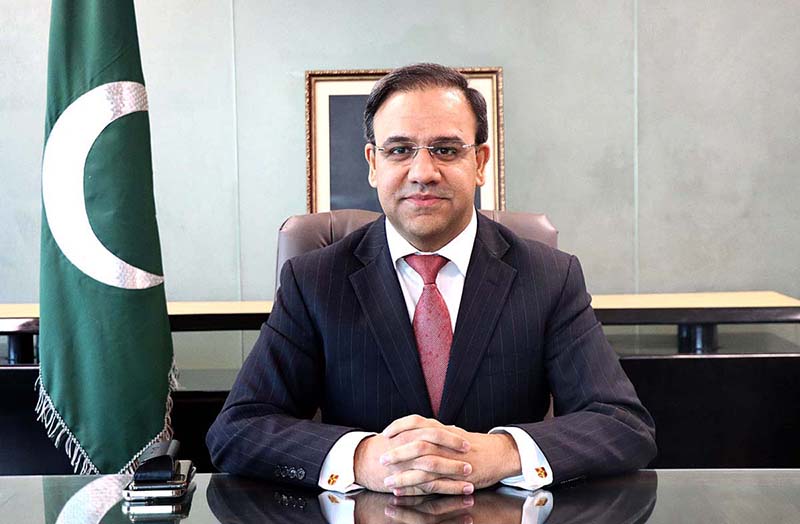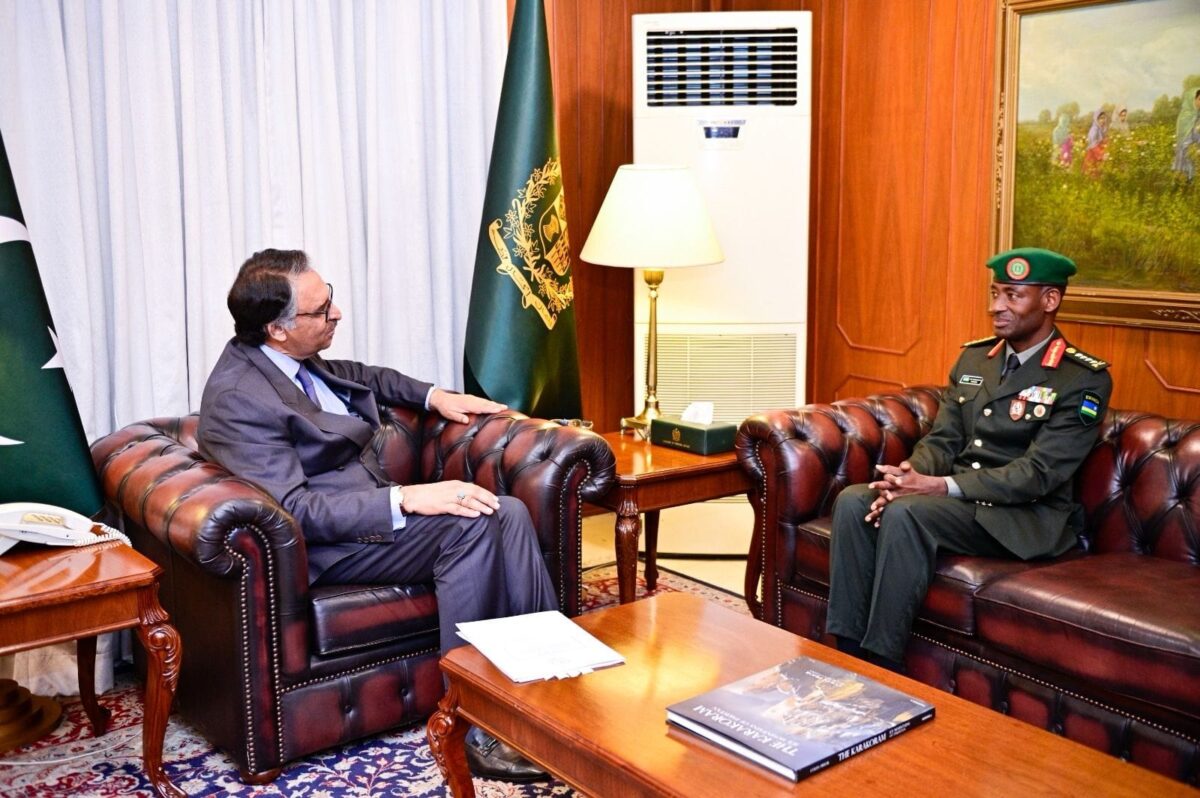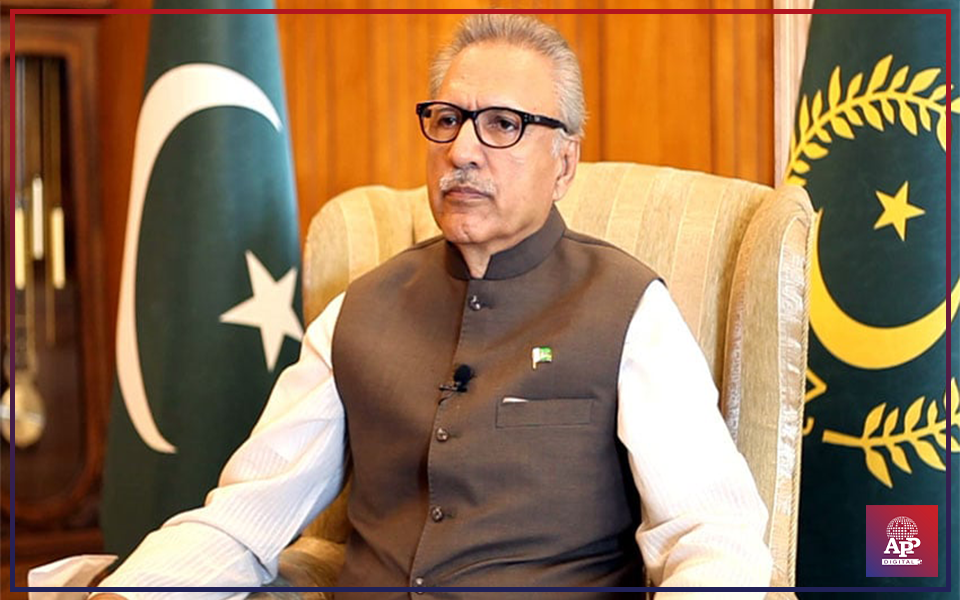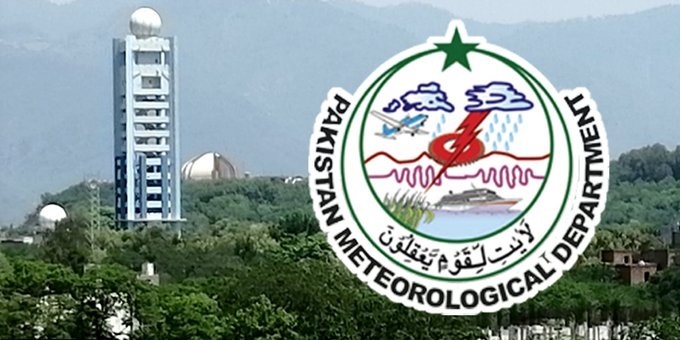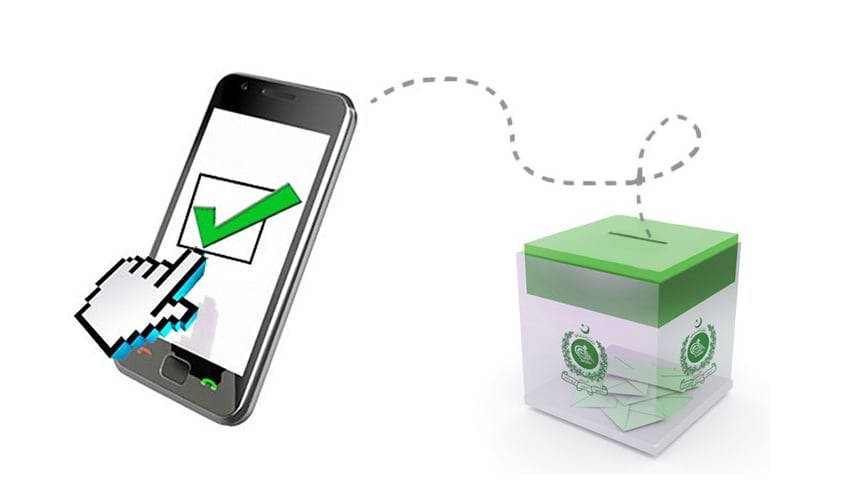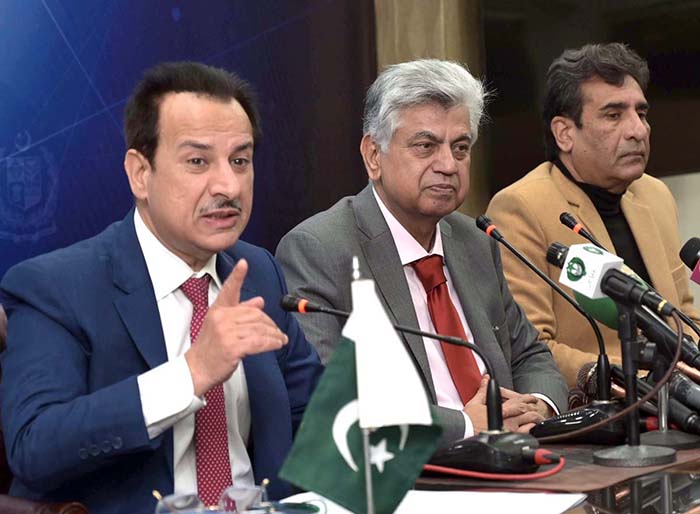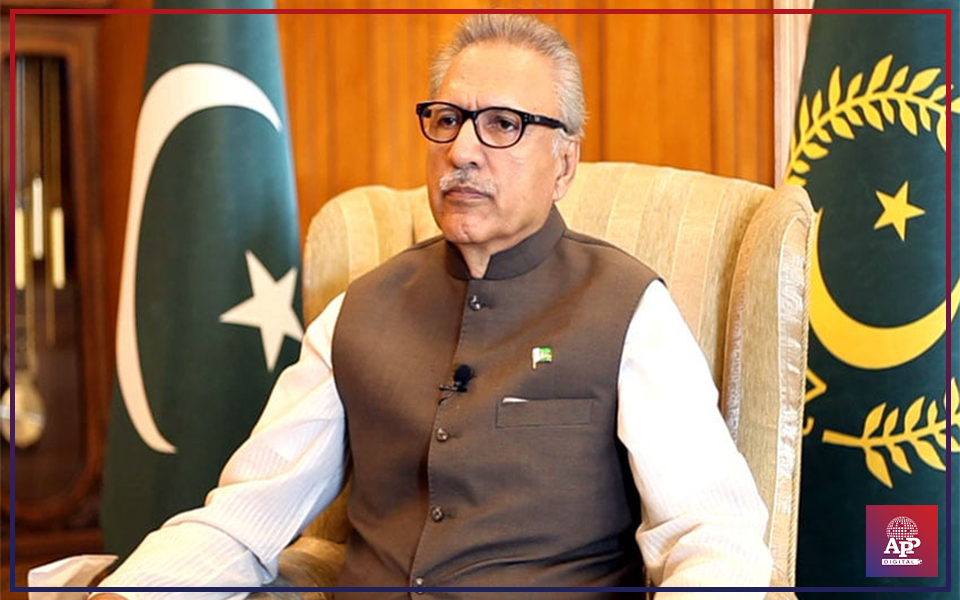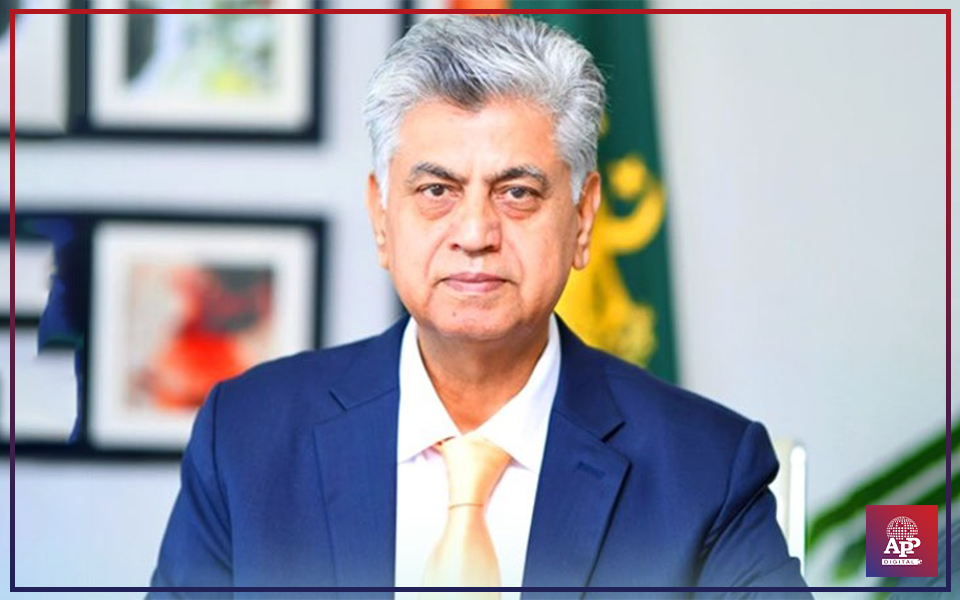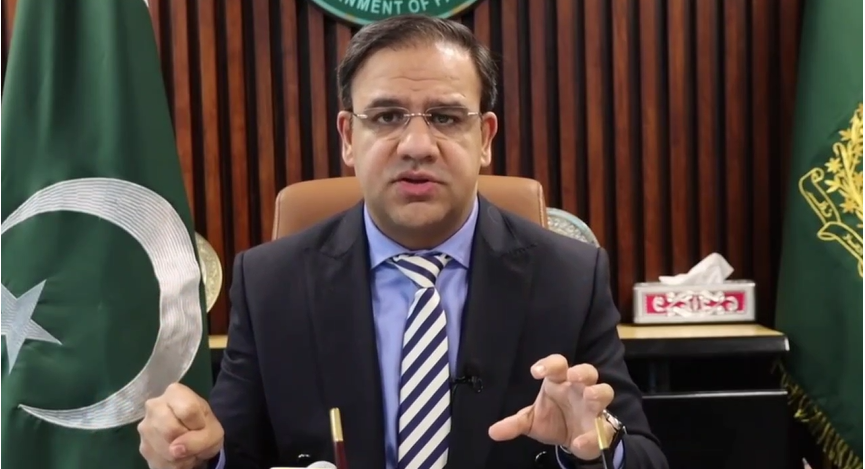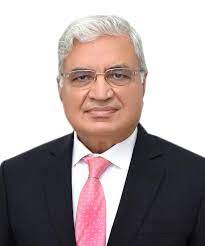ISLAMABAD, Jan 15 (APP): Federal Minister for Education and Professional Training, Madad Ali Sindhi Monday said his ministry is actively engaged in diverse projects focused on Science, Technology, Engineering, Arts and Mathematics (STEAM) and the development of smart classrooms.
He was addressing the launching ceremony of 2023 Global Education Monitoring (GEM) Report “Technology in Education: A Tool on Whose Terms?” hosted by the Ministry of Federal Education and Professional Training in partnership with UNESCO, EdTech Hub, and Idara-e-Taleem-o-Aagahi.
The minister stated that “During the pandemic, we integrated technology into our curriculum, and despite the challenges, it has proven to be a tremendous asset.”
“We have accelerated this process and are actively engaged in diverse projects focused on STEAM and the development of smart classrooms”, he added.
Speaking on the occasion, the Federal Secretary of the Ministry of Federal Education and Professional Training, Waseem Ajmal Chaudhry said, “It’s the right time for the Global Education Monitoring Report, an international report, to share data, especially now as Pakistan is soon going to enter a new democratic era.”
Ministers and senior officials from all provinces, along with key experts from the education and technology sectors in Pakistan, attended the event.
Provincial Ministers and Secretaries such as Dr. Qadir Baloch Quetta, Education Minister – Balochistan, Zameer Abbas, Secretary of School Education Department – GilgitBaltistan, Masood Ahmed, Secretary of School Elementary – KPK, M Ahsan Waheed, Secretary of School and Elementary Education – Punjab, Saleh M Nasir, Secretary of Education – Balochistan, Raja Zafar Khan, Senior Education Advisor -AJK also attended the event.
Moreover, Yousseff Filali Mekanssi, Country Head of UNESCO Pakistan, Verna Lalbeharie, Executive Director of EdTech Hub, Dr. Manos Antoninis, Director of GEM Report, and Baela Jamil, CEO of Idara-e-Taleem-o-Aagahi (ITA) were present at the event as well.
The GEM report proposes four questions that policy makers and educational stakeholders should reflect upon as technology is being deployed in education:
-Is it appropriate?
Using technology can improve some types of learning in some contexts. The report cites evidence showing that learning benefits disappear if technology is used in excess or in the absence of a qualified teacher. For example, distributing computers to students does not improve learning if teachers are not involved in the pedagogical experience. Smartphones in schools have also proven to be a distraction to learning, yet fewer than a quarter of countries ban their use in schools.
Learning inequities between students widen when instruction is exclusively remote and online content is not always context-appropriate. A study of open educational resource collections found that nearly 90% of higher education online repositories were created either in Europe or in North America; 92% of the material in the Open Educational Resources Commons global library is in English.
-Is it equitable?
During the COVID-19 pandemic, the rapid shift to online learning left out at least half a billion students worldwide, mostly affecting the poorest and those in rural areas. The report underlines that the right to education is increasingly synonymous with the right to meaningful connectivity, yet one in four primary schools do not have electricity. It calls for all countries to set benchmarks for connecting schools to the internet between now and 2030 and for the focus to remain on the most marginalized.
-Is it scalable?
Sound, rigorous and impartial evidence of technology’s added value in learning is needed more than ever, but is lacking. Most evidence comes from the United States, where the What Works Clearinghouse pointed out that less than 2% of education interventions assessed had ‘strong or moderate evidence of effectiveness’. When the evidence only comes from the technology companies themselves, there is a risk it may be biased.
Many countries ignore the long-term costs of technology purchases and the EdTech market is expanding while basic education needs remain unmet. The cost of moving to basic digital learning in low-income countries and connecting all schools to the internet in lower-middle-income countries would add 50% to their current financing gap for achieving national SDG 4 targets. A full digital transformation of education with internet connectivity in schools and homes would cost over a billion per day just to operate.
-Is it sustainable?
The fast pace of change in technology is putting strain on education systems to adapt. Digital literacy and critical thinking are increasingly important, particularly with the growth of generative AI. Additional data attached to the report show that this adaptation movement has begun: 54% of surveyed countries have defined the skills they want to develop for the future. But only 11 out of 51 governments surveyed have curricula for AI.
In addition to these skills, basic literacy should not be overlooked, as it is critical for digital application too: students with better reading skills are far less likely to be duped by phishing emails.
Moreover, teachers also need appropriate training yet only half of countries currently have standards for developing their ICT skills. Few teacher training programmes cover cybersecurity even though 5% of ransomware attacks target education.
Manos Antoninis, Director of GEM Report shared it was revealed that children with poor reading skills were targeted more for phishing emails than those who had better reading skills. This proves that even with technology, a strong learning base is required to increase learning levels.”
The report showed that it is not enough to just deliver materials without contextualizing them and providing support, teachers need to be integrated into these efforts. Randomized controlled trials of the e-Learn Project in Punjab province, Pakistan, evaluated two models of tablet integration. The first provided students with tablets preloaded with learning content and video explanations while the second provided teachers with the tablets to use for classroom teaching and to guide students. Compared to control groups, student achievement, as measured by mathematics and science test scores, decreased in the first model and improved in the second,
Sustainability also requires better guaranteeing the rights of technology users. Today, only 16% of countries guarantee data privacy in education by law. One analysis found that 89% of 163 education technology products could survey children. Further, 39 of 42 governments providing online education during the pandemic fostered uses that ‘risked or infringed’ on children’s rights.
Pakistan has made great progress in increasing access to technology in education, with two applicable strategies in Pakistan the National Distance Learning Strategy and the Pakistan Digital and Innovation in Education Strategy, which cover some of these issues. But infrastructure remains an issue in the country as there are several gaps associated with access to technology in the country, where only 52% women own a mobile phone.
After reviewing the report, the provincial ministers and secretaries gave their endorsement while highlighting the importance of providing adequate training to teachers.
Mr. Qadir Bakhsh, Minister Education Minister, Government of Balochistan, also shared his opinion by stating, “While technology cannot replace the need for schools, it can certainly help us to facilitate learning. For instance, when we face a shortage of teachers, technological advancements can help us to bridge the learning gaps.”
